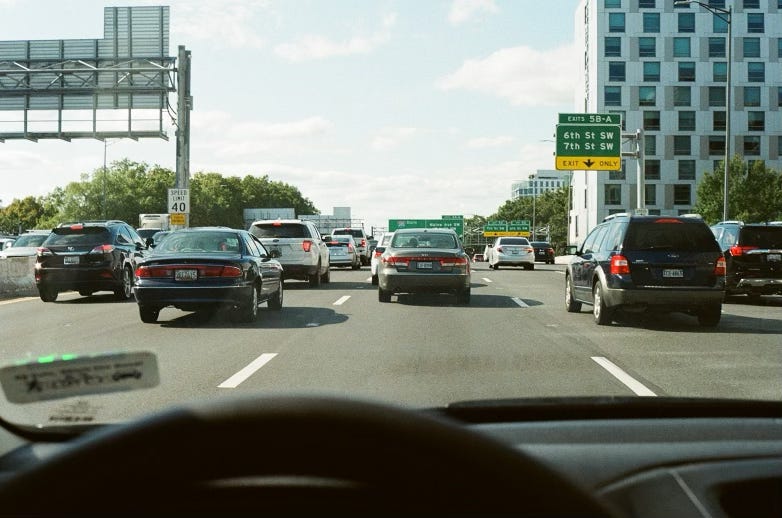Washington, DC— The MetroNow Coalition—comprised of the Coalition for Smarter Growth, Federal City Council, Greater Washington Board of Trade, Greater Washington Partnership, Northern Virginia Chamber of Commerce, Prince George’s Chamber of Commerce, the 2030 Group, and Tysons Partnership—today released the following statement on the ongoing WMATA Metrorail service disruptions.
“The long-term economic health of the Washington Metropolitan Region depends on a safe, well-run, and reliable transit system, which is why the MetroNow Coalition united for better transit in 2018.
The Blue Line derailment on October 12th and the consequent removal of all 7000 series railcars from service should not happen with a well-run, reliable transit system. A lack of clear communication from WMATA about the expected timeline of the ongoing investigation and service disruptions has exacerbated the situation.
While we recognize that WMATA is currently providing daily updates, this only began thirteen days after the Blue Line derailment and eight days after the removal of all 7000 series railcars from service. WMATA leadership should have been leading the communication effort from day one, even if WMATA was unable to comment on elements of the investigation.
Our region’s success and reputation requires that our transit system steers clear of the episodic crises that have plagued it for too long. We hope for a quick and safe return of Metrorail service and offer the following recommendations for WMATA management, the WMATA Board, our elected officials, and the region’s residents and businesses. WMATA must take action now to restore trust in the system and meet a higher standard of performance.
Better Oversight and Communication. WMATA must improve oversight of its preventative maintenance and inspections and address challenges in its safety and maintenance culture. While we understand there are constraints on what WMATA can share during an investigation, hearing directly from WMATA during a crisis, early and often, helps restore trust in the system. WMATA leadership should communicate broadly with media, business leaders, and elected officials about expected timelines, even if the details are still evolving. Communication with riders must also improve, especially at stations during service disruptions.
Create Contingency Plans. WMATA and regional leaders must revisit their contingency plans for a wide array of circumstances to ensure there are adequate mechanisms in place to address any service disruptions or changes. DC’s announcement to offer free bike-share memberships for the month is a good example of jumping into action, but does not suffice as a replacement for reliable rail service. Our transportation systems must be focused on resiliency and the region must be prepared to act quickly when there are major shocks to the system.
Prioritize Bus Transformation. With more dedicated bus lanes, more frequent service, and a redesigned regional bus network, switching to bus during the Metrorail disruptions would have been a more viable and attractive alternative for many Metro riders. As the system exists today, buses are too often stuck in traffic, too infrequent, and not coordinated across the region.
Transit is Safe. Despite the seriousness of this safety lapse, transit remains one of the safest ways to move around the region. Our elected officials, business leaders, and residents around the region should not let this incident deter them from returning to one of the safest and most sustainable ways to move about the region.
The MetroNow Coalition remains dedicated to ensuring better transit for the Washington Metropolitan region. High-quality, safe, and reliable transit is essential to our regional economy, the lives of hundreds of thousands of residents, and for building a more sustainable and inclusive future. We hope to see you on a Metrorail platform soon, with less than 10 minute headways.”

About the MetroNow Coalition
The MetroNow Coalition is a group of regional leaders from organizations representing businesses and non-profit advocates who came together to ensure that action was taken to put Metro—the backbone of Greater Washington’s transportation infrastructure—on a safe, smart and sustainable path forward. We are dedicated to securing comprehensive improvement of Metro’s governance, funding and operational structures. We are doubling down on our commitment to regional mobility by expanding our focus to the region’s bus system. Visit www.MetroNow.com for more information.




Can I suggest that the MetroNow coalition not run photos in their newsletter that were taken behind the wheel of a moving car?